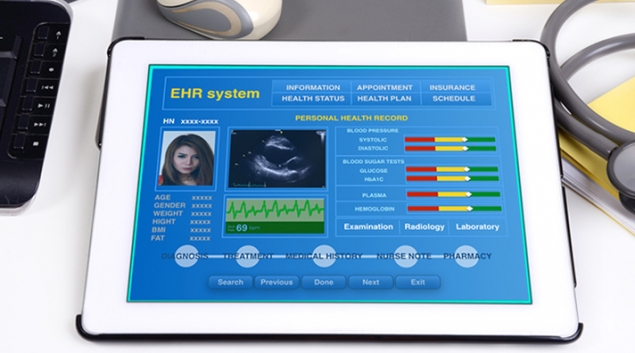What if there is an error in a medical health record?

Important Information in EHR
An electronic health record or EHR has your personal information and medical data consolidated in one place. The places to look out for errors are:
1.Personal Information – This data sheet will have all your personal information such as name, age, address, next of kin, insurance providers, and primary physician if any.If this information is incorrect, it can be difficult for you to obtain bills, periodical updates, and also make it harder for your future doctors to locate next of kin.

2.Medication – Doctors and Nurses generally update the medication part of the EHR during discharge. You may have discontinued some of these medications later on.Ensure to get it updated to avoid any issues later on.

3. Allergies – Updating allergies on your medical health records is one of the most important steps in your medical records. These allergies have to be considered by your future doctors while prescribing any medication or treatment to you.

4. Pre-existing Conditions – Let’s say you underwent treatment for a heart-ailment but,it has not been recorded in its entirety in your records. Even if the condition is treated, you must make sure it is detailed properly so that if there are any complications in the future, your physicians have all the data.So, now we know what is an EHR and why it is important to keep the data updated and fact-checked. But how do you do it?

How to correct misinformation or outdated data in your EHR ?
Most of the time, you can ask to check your EHR during your discharge itself. If you find any error or missed out information, you can ask your healthcare provider to update it. HIPAA provides you the right to check your records and get them updated if you spot any issue. If the update comes at a later stage, you can do it on a separate hospital visit.
The best practice in this case would be to give a formal request in writing. Most hospitals have a form for this or you can write a letter with your patient information and date mentioned in the same. Your doctor must respond to your request within 60 days with thegrace of another 30 days. In case they are unwilling to update the records as you wish, you can appeal to the local, state, or federal health officials. The doctor will have to give you awritten statement of the denial and include it in your records too.
There are chances that a mistake could be innocent or harmless. In some cases, these updates and inaccuracies became the basis of negligence or a wrongful treatment medical malpractice case. Either way, it is best to always check your records and have them updated as needed.
Talk to a legal expert today and know your rights when it comes to your medical rights.
Committed To Helping Our Clients Succeed
